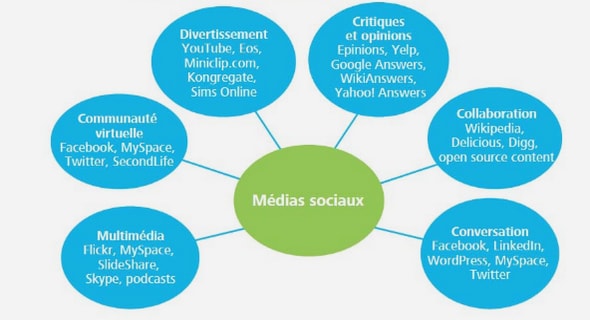Get Complete Project Material File(s) Now! »
RATIONALE AND OBJECTIVES
This dissertation is concerned
USING LOCAL NEWSPAPERS AND MAGAZINES WRITTEN IN ENGLISH TO TEACH READING IN LYCEES
Traditionally, the purpose of learning to read in a language has been to have access to the literature written in that language. Reading materials have traditionally been chosen from literary texts that represent “higher” forms of culture. This approach assumes that pupils learn to read a language by studying its vocabulary, grammar and sentence structure. In this approach, lower level learners read only sentences and paragraphs generated by textbook writers and instructors. The reading of authentic materials is limited to the works of great authors and reserved for upper level pupils who have developed the language skills needed to read them.
The communicative approach to language teaching has given instructors a different understanding of the role of reading in the language classroom and the types of texts that can be used. When the goal of instruction is communicative competence, everyday materials such as train schedules, newspaper articles, and travel and tourism texts and so on become appropriate classroom materials because reading them is one way communicative competence is developed. This constitutes the one first reason why we have chosen the topic of this dissertation and to use local newspapers and magazines as materials for the teaching of reading in Malagasy lycees.
Moreover, these newspapers and magazines are authentic materials and are, therefore, good materials for the teaching of authentic and real English. Indeed, their articles are not intentionally written for teaching purposes but rather a vehicle of communication from the writers to their readers (DOFF1988). Some articles of “Madagascar News” are even written by native speakers.
Our first objective in carrying out the present research work is to show and demonstrate that it is possible to find locally produced newspapers that can be used as materials for the teaching of English in general for the teaching of reading in particular.
In this dissertation, we suggest that teachers should not be used to simplifying reading materials because “simplifying a text often results in increased difficulty because the system of references, repetition and redundancy as well as the discourse indicators one relies on when reading are often removed or at least significantly altered”(GRELLET 1981). Our second objective is therefore to show how local newspapers and magazines written in English can be used as such with lycée pupils. The Vintsy Magazine is already used as a teaching material in Malagasy schools. As a result, pupils are already familiar with it and are interested in its content because it not only contains “news” but it also deals with environmental issues which, directly or indirectly, concern their life.
Table of contents
Introduction générale
PART ONE THEORETICAL CONSIDERATIONS
1.0. INTRODUCTION
1.1. GENERALITIES ON READING
1.1.1. WHAT IS READING?
1.1.2. WHAT IS READING COMPREHENSION?
1.1.3. WHAT DO WE READ?
1.1.4. WHY DO WE READ?
1.1.5. HOW DO WE READ?
1.1.6. READING TECHNIQUES
1.2. THE TEACHING OF READING
1.2.1. BASIC PROCEDURE
1.2.2. FACTORS THAT AFFECT READING COMPREHENSION
1.2.3. SELECTION OF READING MATERIALS
1.2.4. PRESENTATION OF THE NEWSPAPERS AND MAGAZINES CONCLUSION TO PART ONE
PART TWO THE CURRENT TEACHING OF READING IN MALAGASY LYCEES
2.0. INTRODUCTION
2.1. STUDY OF THE OFFICIAL SYLLABUS
2.2. THE QUESTIONNAIRE
2.2.1. PRESENTATION OF THE QUESTIONNAIRE
2.2.2. ANALYSIS OF THE DATA OBTAINED
CONCLUSION TO THE QUESTIONNAIRE STUDY
2.3. CLASSROOM OBSERVATIONS
CONCLUSION TO THE CLASSROOM OBSERVATIONS
CONCLUSION TO PART TWO
PART THREE TEACHING SUGGESTIONS
3.0. INTRODUCTION
3.1. EXPERIMENTED LESSON PLANS
3.2. NON EXPERIMENTED LESSON PLANS
3.2.1. LESSON PLAN N°9
3.2.2. LESSON PLAN N°10
3.2.3. LESSON PLAN N°11
CONCLUSION TO PART THREE
Conclusion générale

